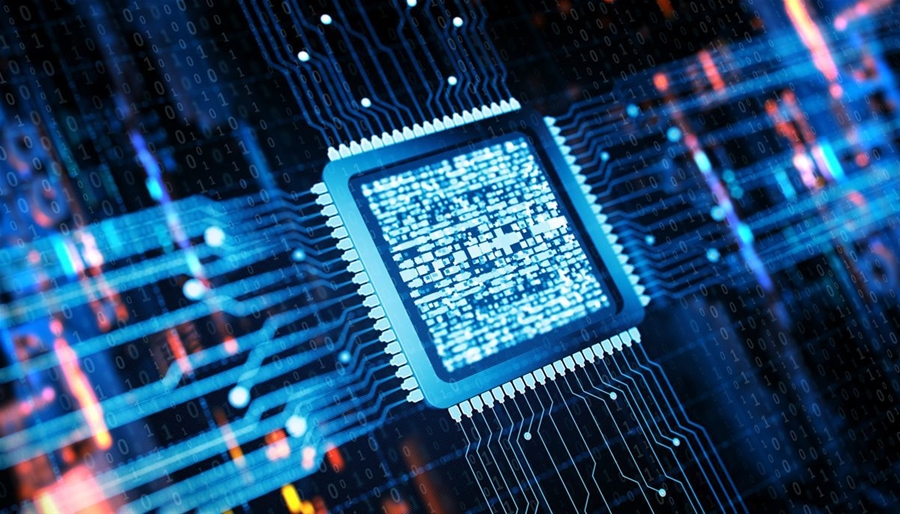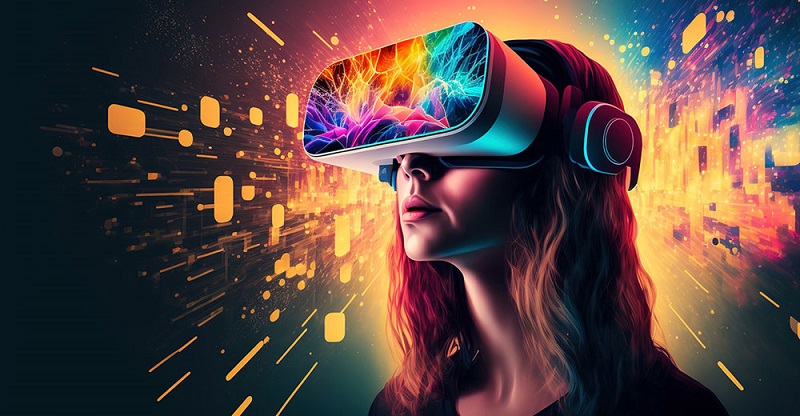As we stand at the precipice of a new era, the question of how technology will evolve by the year 2050 ignites the imagination of scientists, entrepreneurs, and dreamers alike. With rapid advancements in various fields, the landscape of technology in 2050 is poised to be as alien to us today as the internet would have been to someone from the early 20th century. Let’s delve into some of the most compelling predictions and concepts that could define our technological future.

The Quantum Revolution
At the heart of future technological advancements lies quantum computing. This burgeoning field promises to exponentially increase computing power, making our current systems seem rudimentary in comparison. By leveraging the principles of quantum mechanics, quantum computers will solve complex problems in seconds that would take current supercomputers millennia to crack. This leap in capability could revolutionize fields such as cryptography, drug discovery, and even artificial intelligence, making for a world where diseases are cured faster, transactions are utterly secure, and AI systems are exponentially more intelligent.

Artificial Intelligence: A Seamless Integration
Artificial Intelligence (AI) is set to become the backbone of every major technological system, from healthcare diagnostics to autonomous vehicles and beyond. By 2050, AI could evolve into an omnipresent force, seamlessly integrated into our daily lives, making smart decisions in real-time to optimize our world. Imagine AI systems managing city infrastructures to eliminate traffic jams, optimizing energy consumption across nations to reduce waste, and personal AI assistants making daily life effortless by predicting our needs.

Virtual and Augmented Realities: Blurring Lines
The virtual and augmented reality technologies of today are just the tip of the iceberg. By 2050, these immersive technologies could blur the lines between the physical and digital worlds, creating mixed realities where digital elements are indistinguishable from real ones. Education, entertainment, and even personal interactions could take place in fully rendered 3D environments, making distance and physical barriers obsolete. This could lead to a renaissance in how we learn, work, and connect with each other.

Biotechnology and Human Enhancement
Biotechnology is another field that promises dramatic shifts in our everyday lives. By 2050, we might see breakthroughs that allow us to enhance human capabilities beyond natural limits. From gene editing technologies like CRISPR offering the potential to eliminate hereditary diseases, to neurotechnology that could enable direct brain-to-computer communication, the very essence of human experience could be altered. These advancements could lead to a new era of “superhumans” with enhanced physical abilities, intelligence, and lifespan.
Environmental Technologies: A Sustainable Future
As the threat of climate change looms larger, technology will play a crucial role in safeguarding our planet. By 2050, we can expect advancements in renewable energy technologies, like fusion power, to become mainstream, significantly reducing our carbon footprint. Nanotechnology could enable us to create more durable materials with less waste, and geoengineering might allow us to directly combat climate change by manipulating the Earth’s climate systems.
The Challenges Ahead
While these predictions offer a glimpse into a future shaped by incredible technological advancements, they also underscore the need for careful consideration of ethical, security, and societal implications. The democratization of technology, privacy concerns, and the risk of widening the socio-economic divide are issues that need to be addressed to ensure these advancements benefit all of humanity.
